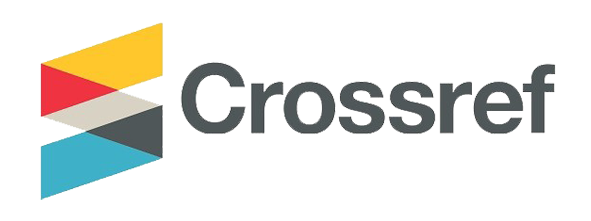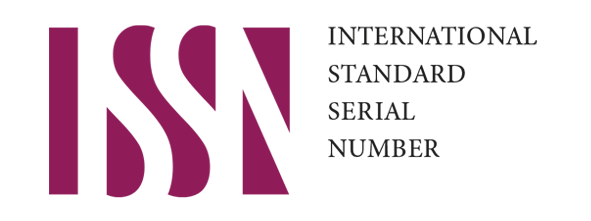Silent Pedagogies and Hidden Curriculum in Arabic Language Instruction Among Rural Madrasahs
DOI:
https://doi.org/10.51178/jsr.v6i2.2848Keywords:
Silent Pedagogies, Hidden Curriculum, Arabic Language Education, Rural MadrasahsAbstract
This research is motivated by the need to understand the hidden dynamics in the Arabic language learning process in rural madrasas, where non-explicit pedagogical practices and hidden curricula often shape students' learning experiences significantly but go unnoticed. The purpose of this study is to identify and analyze the forms of silent pedagogies and the implications of hidden curriculum in Arabic language teaching, especially in shaping values, attitudes, and power relations in the classroom. This research uses a qualitative approach with an exploratory case study method, involving two rural madrassas as research locations. Data were collected through participatory observation, in-depth interviews with eight teachers and twelve students, and analysis of learning documents. The data were analyzed thematically to uncover patterns of interaction that reflected hidden educational practices. The results of the study show that Arabic learning in rural madrassas is dominated by a conservative approach based on memorization and teacher authority, which indirectly shapes attitudes of obedience, homogenization of religious understanding, and emphasis on social hierarchy. The hidden curriculum is identified through one-way communication patterns, ritualistic habituation, and the absence of critical dialogue spaces. The conclusions of this study affirm the importance of critical reading of the implicit dimension in the Arabic language learning process in madrasas, which has important implications for the development of a more reflective, participatory, and liberating contextual pedagogy in Islamic education.
Downloads
Published
Issue
Section
License
Copyright (c) 2025 Fadhila Suskha

This work is licensed under a Creative Commons Attribution-ShareAlike 4.0 International License.














